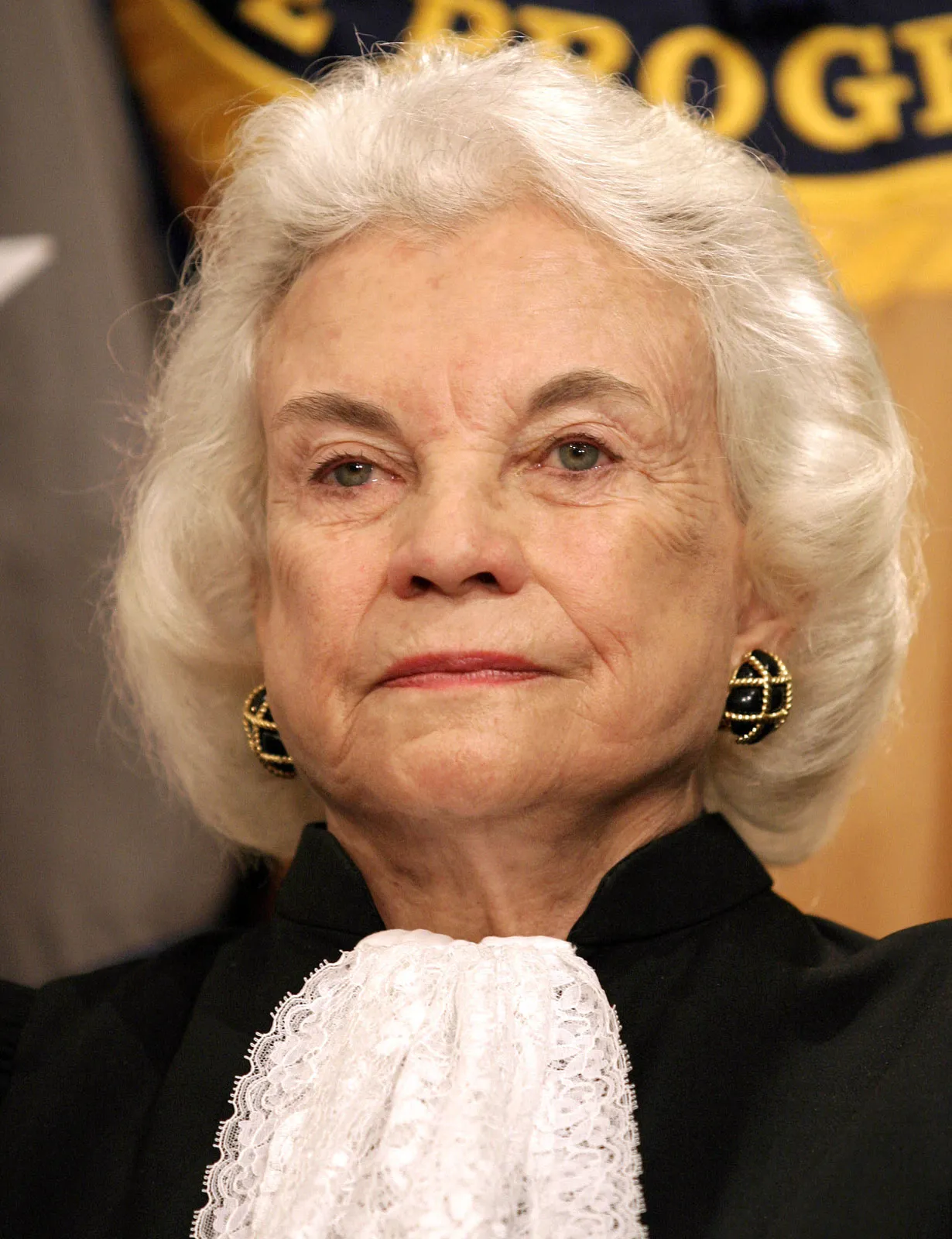
The legal world has lost a true trailblazer. Sandra Day O’Connor, the first woman to serve as a Supreme Court justice, passed away at the age of 93 in Phoenix, Arizona. Her life and career were nothing short of remarkable, leaving an indelible mark on American jurisprudence and the advancement of women in the legal profession.
Sandra Day O’Connor’s path to the Supreme Court was not without its challenges. Despite facing gender discrimination during her job search after completing her law degree, she never let setbacks define her. She found work as a legal secretary and later ventured into public service as a deputy county attorney in California and a civilian attorney in Germany.
Her dedication to public service paid off when she was appointed to the Arizona Senate in 1969. In 1973, she made history as the first female majority leader in the United States for the Arizona Senate. Her commitment to serving her community caught the attention of President Ronald Reagan, who nominated her to the Supreme Court in 1981. The Senate unanimously confirmed her, making her the first woman to serve on the highest court in the land.
As the first woman on the Supreme Court, Sandra Day O’Connor felt a profound sense of responsibility. She knew that her decisions would set a precedent for future female justices. Throughout her tenure, she faced adversity with resilience, including overcoming breast cancer.
O’Connor’s legacy as a Supreme Court justice is defined by her role as a moderate conservative and often a swing voter in high-profile cases. She played a pivotal role in landmark decisions such as upholding Roe v. Wade in 1992, which solidified the foundation of abortion rights in the United States. In addition, she contributed to decisions like Grutter v. Bollinger, which affirmed colleges’ right to consider race in admissions, and McConnell v. Federal Election Commission, which upheld campaign finance regulation.
While some labeled her a swing voter, Sandra Day O’Connor rejected that characterization. She firmly believed that her decisions should be rooted in legal principles rather than political considerations. Her unwavering commitment to the rule of law and judicial integrity made her an exceptional justice.
In 2006, O’Connor retired from the Supreme Court to care for her husband, who suffered from Alzheimer’s disease. Her departure marked the end of an era. The court, recognizing her tremendous impact, made adjustments to honor her service, like designating the first women’s bathroom near the courtroom and renaming the Ladies Dining Room.
Even in retirement, Sandra Day O’Connor continued to make a difference. In 2006, she launched iCivics, an innovative platform that uses games to educate children about the political process and government branches. Her commitment to civic education paved the way for future political leaders.
Today, we remember Sandra Day O’Connor’s extraordinary journey from an Arizona cattle ranch to the highest court in the land. Her trailblazing role as the first woman on the Supreme Court and her unwavering commitment to justice and education will forever be remembered as an integral part of American history. Her legacy serves as an inspiration for generations to come, reminding us of the power of determination and the importance of fighting for equality.






